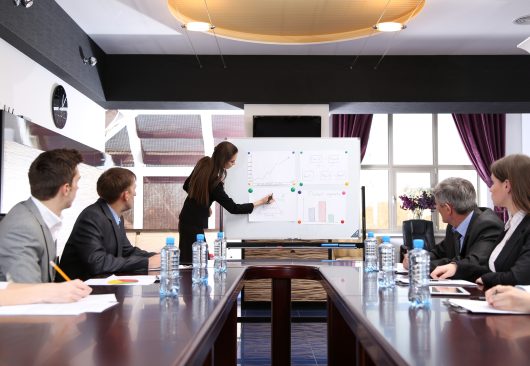The power of effective teamwork
Communication, Leadership,

The most effective teamwork happens when individual team members harmonise their efforts and work toward a common goal.
Effective teamwork is vital in order to reap the rewards of higher productivity, fewer internal struggles and a more enjoyable work experience.
Examples of the power of teamwork can be seen in nature with the migration of geese. As the seasons change large flocks of geese migrate by flying thousands of kilometres to their destination. These flocks contain hundreds of individual birds, each with limited capabilities to go the distance alone, however almost all of them make it to their destination.
How do they do it? The answer is simple: teamwork.
Flying in a V formation, one bird serves as leader to minimise wind resistance for the birds behind them. When the lead bird tires it rotates to another position so a different bird can assume the responsibility of leading the flock. If each individual bird decided to make this long journey by itself, most, if not all, would undoubtedly fail. In contrast, when all the birds work together as a flock, as a team – they reach their goal and arrive at their final destination.
Scientists have identified that when geese fly in formation, each bird flapping its wings creates an uplift for the bird that follows. Together the whole flock can fly over 70 percent further than if they fly alone. This phenomenon can be considered an example of synergy, a concept closely related to teamwork. Simply put, synergy is the cooperation of more people or elements working together to produce a combined result that is greater than the sum of the results achieved separately. The word synergy is derived from the Greek “synergos” meaning “working together”.
When people harness the power of effective teamwork and synergy within their own work teams, they too achieve substantially improved individual and team performance, higher output, greater personal satisfaction, less stress, and a safer workplace.



